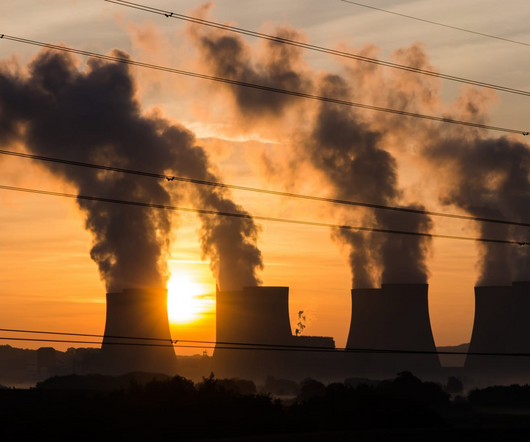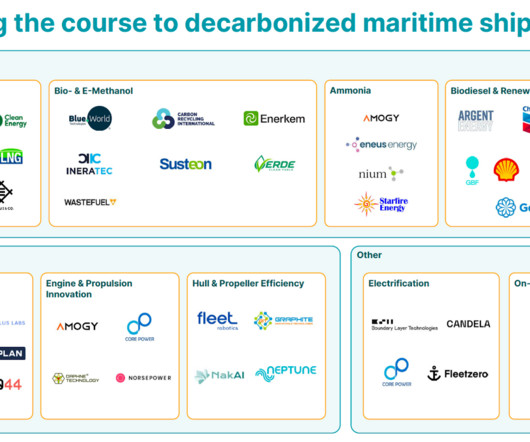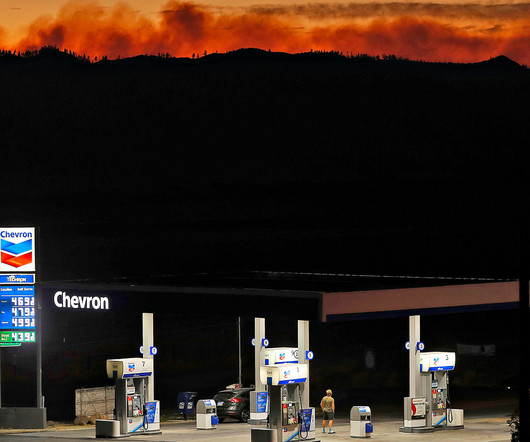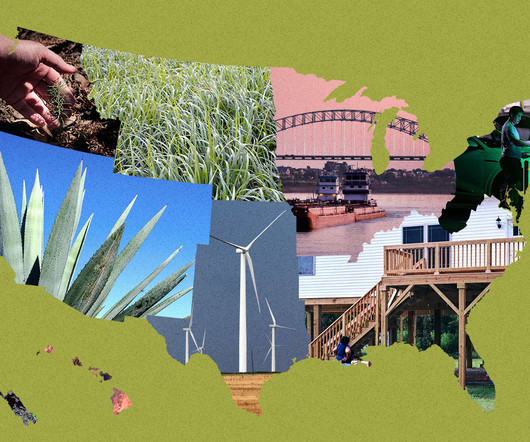Vast Majority of Global CO2 Emissions Tied to Just 57 Entities
DeSmogBlog
APRIL 4, 2024
The Carbon Majors research shows us exactly who is responsible for the lethal heat, extreme weather, and air pollution that is threatening lives and wreaking havoc on our oceans and forests,” said Tzeporah Berman, international program director at the grassroots environmental organization Stand.earth, in a press release.






















Let's personalize your content